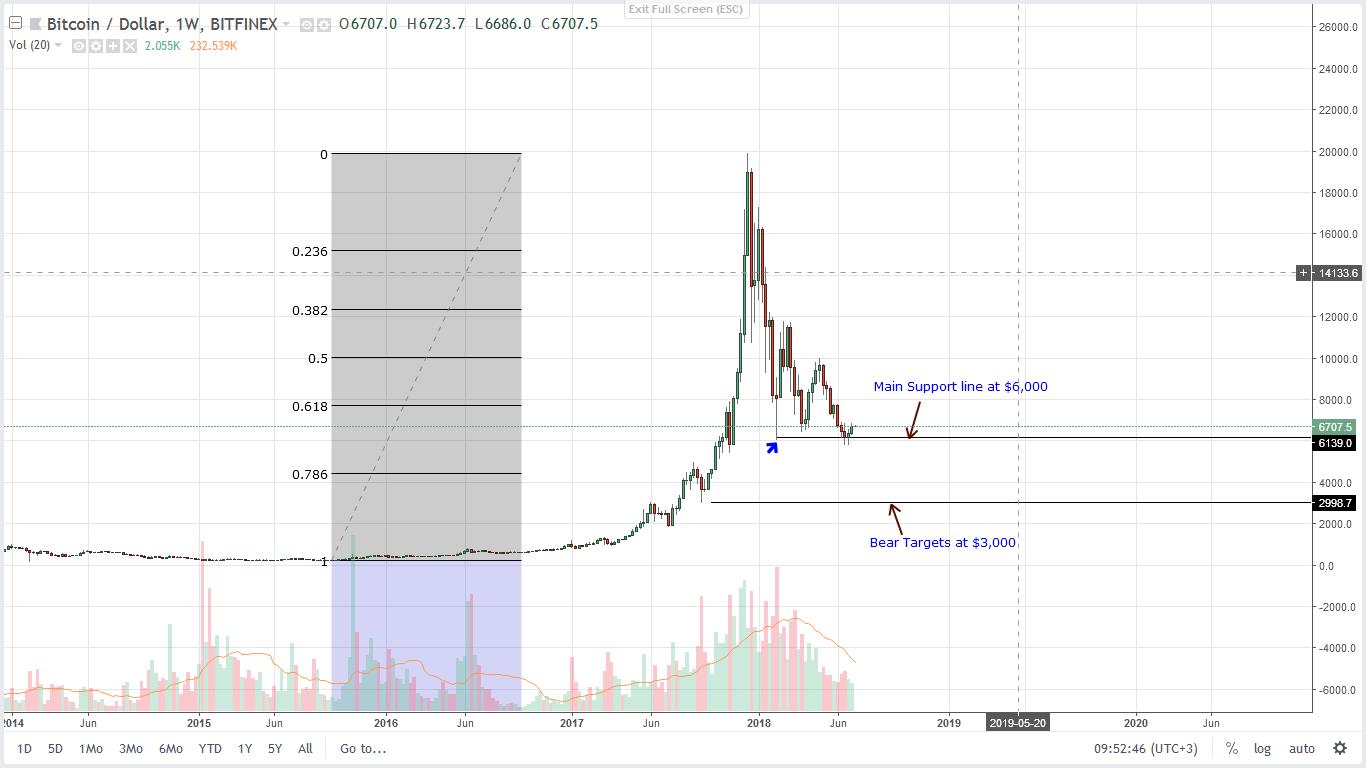
2018-8-12 17:00 |
Privacy-focused coins such as Dash, Monero, and ZCash are controversial as they can anonymize criminals online. However, privacy is important as many people live under the auspices of corrupt governments where such technology represents a beacon of hope. Governments should fear privacy coins as a form of money. The degree of anonymity is startling. Governments should also warm to the non-monetary applications of the underlying technology. There is too much potential for much-needed protection, claims Weiss Ratings in their recent blog post written by Martin D. Weiss, PhD and Juan M. Villaverde. The World Needs Privacy Governments are waging a war of physical cash. They want to force all liquid assets under the roof of financial institutions. This is an issue for the millions of citizens under authoritarian, corrupt regimes. Two key risks being asset seizures and invasion of personal privacy. The non-monetary applications of privacy coin technology provide solutions.
According to Weiss and Villaverde: Privacy DLT is a technology that can guarantee the anonymity and privacy of voters, precisely what’s essential for secure, democratic elections. Thus, the same kind of Privacy DLT that Zcash uses for shielding transactions can also be used to create a fast, efficient, anonymous, and secure voting system. Governments should warm to the underlying technology. Privacy-coin technology can, for example: Protect the privacy of personal information. We can avoid another Cambridge Analytica scandal. With the technology, the social media norms of the future would look radically different. Users own their data, and it’s protected with advanced cryptocurrency. Build a solid shield against hackers. We can move sensitive data off centralized data centers. Mass security breaches will become very difficult. Make government information safer. We can split classified information into thousands of pieces. We can store the information over tens of thousands of servers, spread globally. Blanket Banning is Daft Despite the upside, we are playing with fire. As Weiss explains, privacy coins are powerful because “they could make it next to impossible for even the most advanced intelligence agencies to know who owns or sends what, where or when.” With privacy coins, the only information we can assess is market cap and the sum of all transactions. We can’t know how much and who is involved in each individual transaction. But given the scope to do good, blanket banning privacy coins is daft. Especially, given it will “merely prevent it’s legitimate application while giving criminals a virtual monopoly on its illegitimate usage. The solution is more complex and controversial, according to Weiss Ratings. “Just as citizens living under corrupt governments have valid reasons for making certain transactions in private … governments seeking to curb bad actors have valid reasons for monitoring them. We need a mixed financial system based on choice. Either you ‘entrust your financial assets to third parties’. Or, you ‘take possession and hold them yourself,'” added Weiss and Villaverde. In other words, diversified custodianship (or counterparty risk and centralization) spreads risk. “If there’s a systemic failure, not all assets are frozen. It is more democratic and could be more stable. This system is fail-safe, offers more freedom, and transparency.” A Cautious Embrace The authors note that the public should be careful using blockchain privacy technology, but must also embrace it. “The same privacy technology that can be used by criminals to obscure and disguise their activities can also be utilized by governments, companies, and citizens to encrypt data and deny access to those criminals,” it reads. The technology already exists. The bad actors can already use it. Nations need to leverage this technology, rather than suppress it. Ultimately, banning the usage of borderless and anonymizing coins like Monero and ZCash would not stop criminals from using it and preventing further innovation in this area. But embracing this technology, on the other hand, could help governments stay at the forefront of innovation, protect sensitive information and safeguard democratic elections. At the same time, global and private money would empower people living under authoritarian regimes an option to escape capital controls and economic oppression. How should governments deal with Privacy Distributed Ledger Technology? Images courtesy of Bitcoinist archives, ShutterstockThe post Nations Should Embrace Privacy Coins Like Monero and ZCash, According to Weiss Ratings appeared first on Bitcoinist.com.
origin »Bitcoin price in Telegram @btc_price_every_hour
Monero (XMR) на Currencies.ru
|
|















